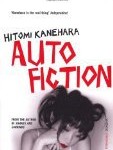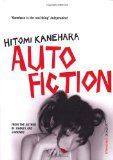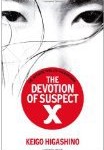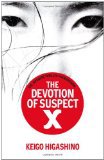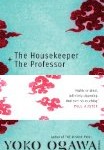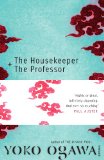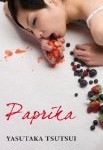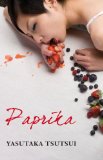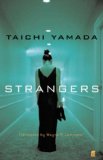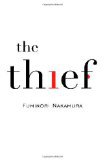 Winner of the 2010 Kenzaburo Oe Prize
Winner of the 2010 Kenzaburo Oe Prize
Translated from the Japanese by Satoko Izumo and Stephen Coates
Five words from the blurb: pickpocket, strangers, past, tangle, escape
The Thief is a short, engaging book about a pickpocket who targets rich people on the streets of Tokyo. It vividly captures the roller-coaster of emotion that the pickpocket goes through as he searches for a victim and then skillfully relieves them of their wallet.
I breathed in gently and held it, pinched the corner of the wallet and pulled it out. A quiver ran from my fingertips to my shoulder and a warm sensation gradually spread throughout my body. I felt like I was standing in a void, as though with the countless intersecting lines of vision of all those people, not one was directed at me. Maintaining the fragile contact between my fingers and the wallet, I sandwiched it in the folded newspaper.
Very little actually happens in this short book. The plot is quite simple and revolves around the return of someone from the pickpocket’s past.
The writing quality was excellent and I was gripped to the story throughout, but on reaching the end I was slightly disappointed. Everything was too brief for me and, although I liked the ambiguous ending, a lot of the power was lost due to the subtlety of the writing. The use of symbolism and other literary devices meant that this book will reveal more on a second reading, but I found the number of unanswered questions a little frustrating.
This isn’t a crime novel in the traditional sense, but instead uses members of the criminal underworld to explore issues of loneliness and belonging. It is a lot more conventional than many Japanese crime novels and actually shares many similarities with last year’s Booker shortlistee, The Lighthouse.
The Thief is a well structured piece of observational literature, but it isn’t for anyone who likes everything to be tied up nicely at the end. Recommended to those who enjoy shorter stories that require a bit of thought to fully appreciate them.

.
The thoughts of other bloggers:
It’s sparsely written, just like its narrator, and it’s rather beautiful. Chasing Bawa
While the crime elements are all neatly in place in this book, it works on a deeper level as well, touching on the notions of psychological and social isolation, as well as the machinations of power and fate. The Crime Segments
This is a powerful, powerful novel. I’ll be thinking about it for a long time… Dolce Bellezza
To find more Japanese literature reviews head over to Tony’s January in Japan blog.

